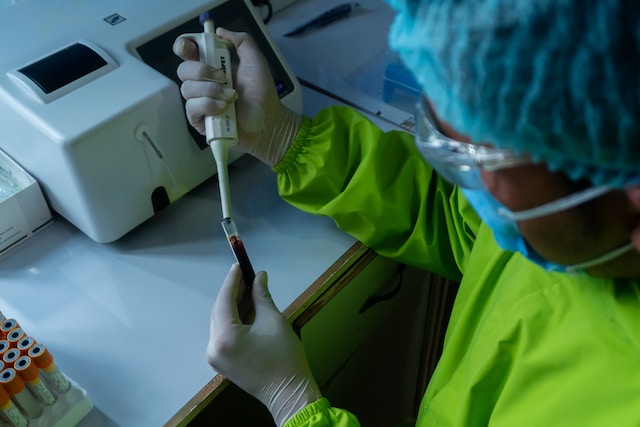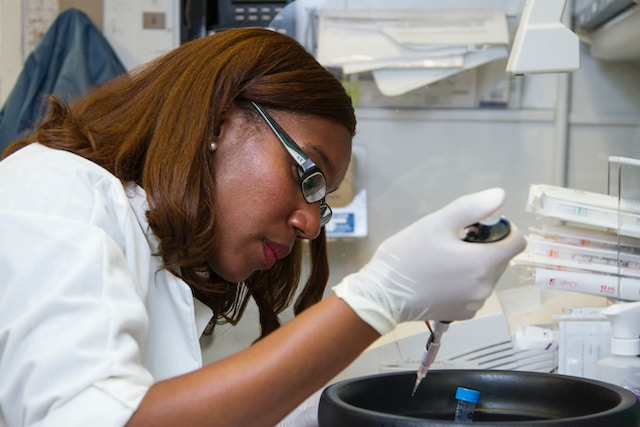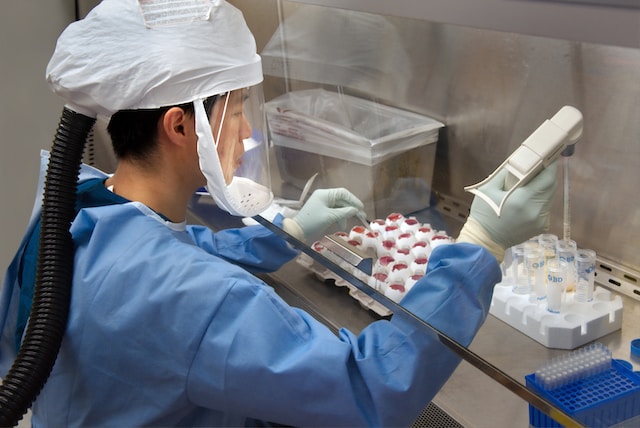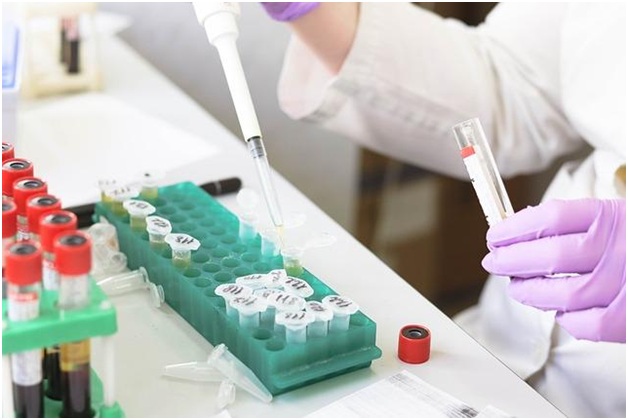5 Reasons Why ELISA Kits Are Essential In Medical Research
Medical or experimental medicine is a branch of research focusing on disease development and generating safe yet effective interventions for disease prevention, cure, and management. On the one hand, medical research has multiple sub-fields dedicated to specialized research areas.
However, most sub-fields deal with biological samples that require component identification, which is where ELISA tests come in.
ELISA, or enzyme-linked immunosorbent assay, is a biomolecular technique that detects and quantifies protein molecules, including antibodies, antigens, hormones, and glycoproteins. The tests feature pre-treated well plates interpreted via a chromogenic plate reader. Keep reading to establish how molecule detection and quantification by ELISA kits advance medical research.
1. Facilitating Disease Detection
According to one report, disease diagnostics accounts for 70% of healthcare decisions, including medical research. Diagnostics or disease detection entails screening or tests administered to a patient to confirm or negate the existence of a disease in their body system.
Disease detection is a significant element in basic laboratory-based medical research, helping to identify possible diseases and study their pathogenesis to develop potential cures. Basic medical research primarily explores biomolecules like proteins and peptides to generate a hypothesis on disease pathogenesis and possible treatments. The research utilizes assays to advance their theories, which is where ELISA kits come in.
ELISA kits are in vitro diagnostics or tests done on collected biological samples in a petri dish rather than inside the body. The primary advantage of such kits and other in vitro diagnostic tools is their non-invasive nature and almost non-existent side effects, encouraging patients to participate in basic medical research programs.
As stated earlier, ELISA kits feature 96-well plates incubated with a ligand or antigen-antibody complex that interacts with an analyte or biological sample to identify the micromolecules in the analyte. ELISA kits utilize the ELISA principle, which borrows from the specific antigen-antibody interaction, giving them high accuracy levels compared to other screening techniques.
Therefore, the kits are essential for advancing research in infectious and non-infectious diseases, setting the foundation for developing advanced treatments and therapies. However, ELISA kits’ role in medical research transcends basic research, extending into animal model research and clinical trials. The kits are handy in animal and human trials, helping assess the efficacy and safety of emerging medical interventions before such interventions go mainstream.
One medical intervention where ELISA kits are crucial is precision medicine. Precision medicine is an innovative healthcare approach that entails treatment customization for individual patients.
Researchers or medical doctors utilizing precision medicine evaluate a patient’s molecular information, including genomic, proteomic, and phenotypic data; ELISA kits are ideal screening tools for gathering accurate patient data. They use the data from ELISA kits to evaluate whether the patient is more or less likely to benefit from specific treatments and therapies.

2. Disease Surveillance
Besides helping researchers advance knowledge and develop interventions for known infectious and non-infectious diseases, ELISA kits facilitate disease surveillance in epidemiology research. Disease surveillance entails monitoring disease prevalence and collecting data to guide healthcare stakeholders in decision-making to prevent the disease from morphing into a healthcare crisis.
Apart from statistical surveys, one World Health Organization (WHO) publication highlights laboratories’ crucial role in disease surveillance. According to the publication, laboratory-supported disease surveillance facilitates early case detection, preventing an outbreak. The labs help deliver accurate and timely information to support timely responses.
Moreso, the above publication highlights field labs’ crucial role in disease detection. Field labs utilize simple yet accurate and fast screening tools, including ELISA kits, to detect disease. ELISA kits are ideal for disease surveillance and epidemiology research because they are affordable, readily available, and support high throughput testing, especially during outbreaks.
Besides disease detection for identified diseases, ELISA tests are also helpful in lab-supported disease surveillance of novel diseases, as with COVID-19. The tests’ capacity to monitor biomolecules helps highlight the changes in etiological factors or disease-causing agents, giving researchers headway on responding to these changes.

3. Replicability
According to a medical publication, replicability or reproducibility gives research findings merit, facilitating knowledge expansion. Replicability is crucial in isolating isolated coincidences that could waste resources by pointing researchers in the wrong direction or, worse, endanger lives.
Therefore, screening and testing tools that deliver consistent results in diverse settings and when administered by different individuals are essential for medical research.
ELISA kits have a high accuracy rate that supports result reproducibility, regardless of factors like a research subject’s physical condition while donating biological samples. Moreover, ELISA charts can only be interpreted in one way, preventing researcher biases during interpretation.
4. Sensitivity And Specificity
False positives and negatives are a significant challenge in clinical research, affecting meta-analysis, which causes erroneous inferences. While false negatives and positives have numerous causes, including research design, low screening tool sensitivity, and specificity also contribute to undesirable outcomes.
ELISA kits have the highest sensitivity among medical screening kits, with one report highlighting that an enhanced ELISA can detect less than ten picograms (one trillionth of a gram) of biomolecules. While the kits may not be 100% accurate, such sensitivity and specificity reduce false positive and negative occurrences.

5. Affordability
Medical research is costly due to the resources involved in setting up trial centers, expertise, equipment, reagents, storage facilities, and other considerations. Therefore, affordable resources that lower costs are a win for the research project.
For starters, while medical researchers can make ELISA kits, ready-made kits for specific diseases are available, allowing them to save time and money.
Conclusion:
ELISA kits have numerous outstanding features that support medical research by supporting accurate screening. Moreover, the different ELISA kits available make it easy to adapt them to unique research projects.







